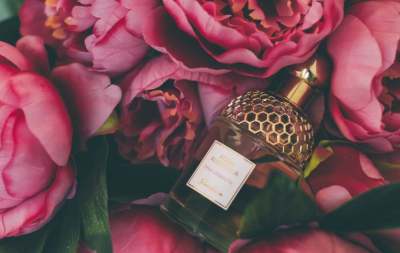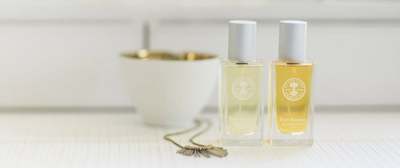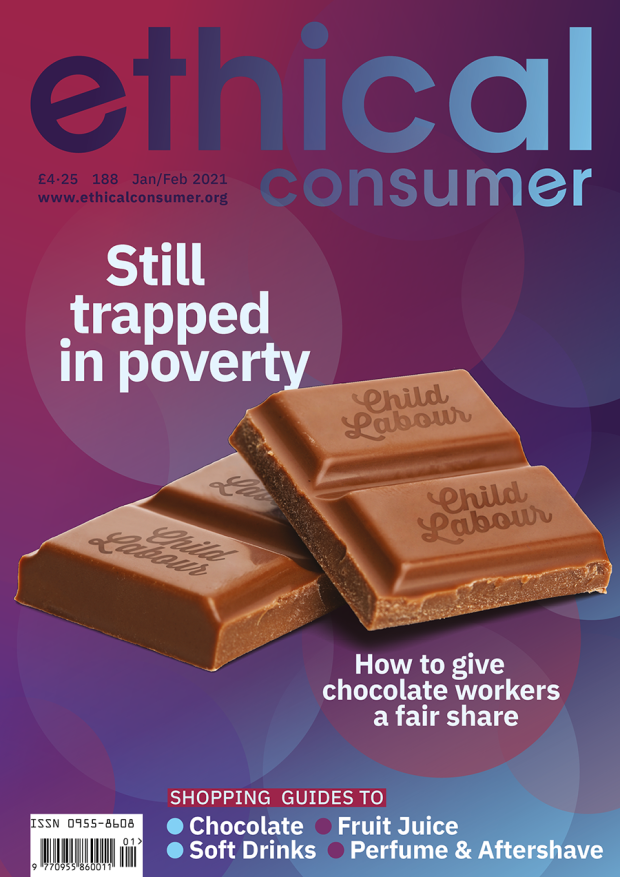This is one of our archived guides and as such does not include a score table. However we have kept the page alive so that you can continue to see the key issues in this sector, in both the buying advice and the in-depth analysis.
If there are particular brands you are interested in they may appear in other toiletries guides, or you can search for the company name in the search box at the top of the web page.
Ethical perfumes and aftershave
In this guide we cover the secretive world of fragrance ingredients and learn why choosing companies with clear toxic policies and vegan certification is important; look at why animal testing is still a key issue in the industry.
We also explore how to ensure the plant-based ingredients are ethical, and look at the messaging created by big fragrance brands.
We compare some of the big names in perfume like Chanel, Christian Dior, and Gucci, along with smaller brands like Neal's Yard.
With some brands scoring very near the bottom (below 25/100!), some middling companies and others at the top of the score table, there's definitely scope for making an ethical choice for your perfume or aftershave.
Is the Body Shop in the perfume guide?
It was announced in February 2024 that The Body Shop's private equity owners, Aurelius, had called in the administrators which was likely to result in shop closures and job losses. We have therefore removed The Body Shop from this guide until we can be sure that the brand will continue to exist and in what format and if Aurelius will continue to be the owners of a restructured Body Shop.
Why isn't Dolma in the guide?
Dolma was rated in this guide and was a best buy, but sadly at the end of 2024 it closed its doors after 40 years of trading.





